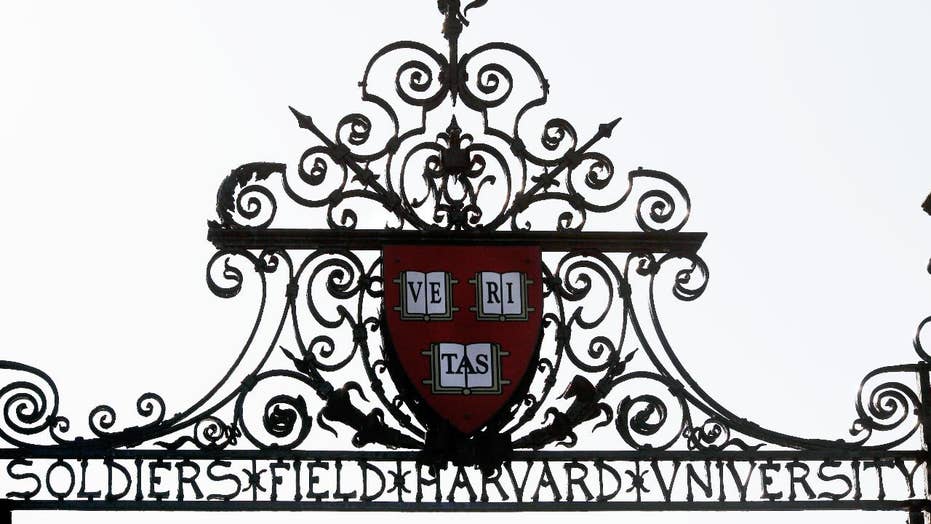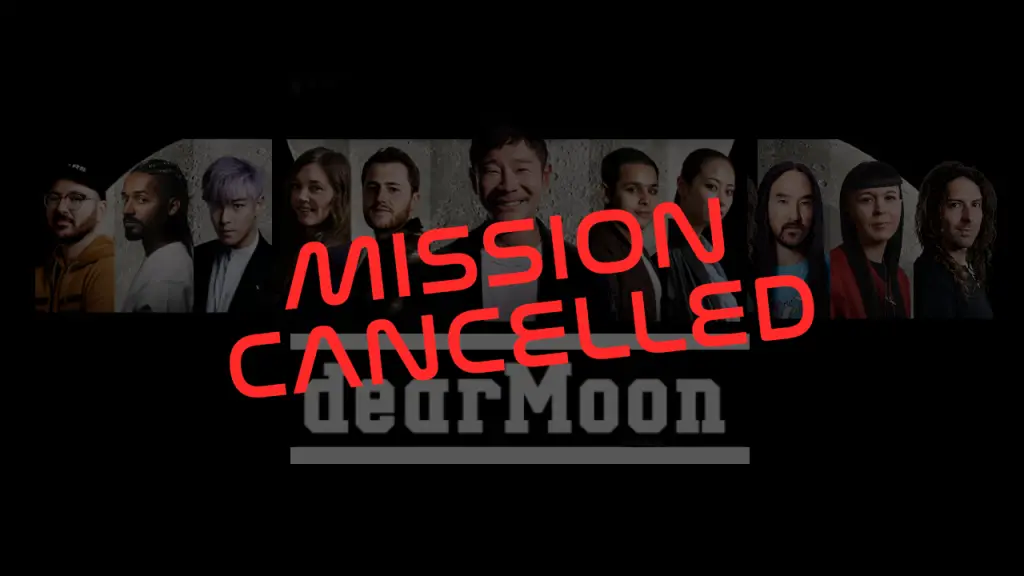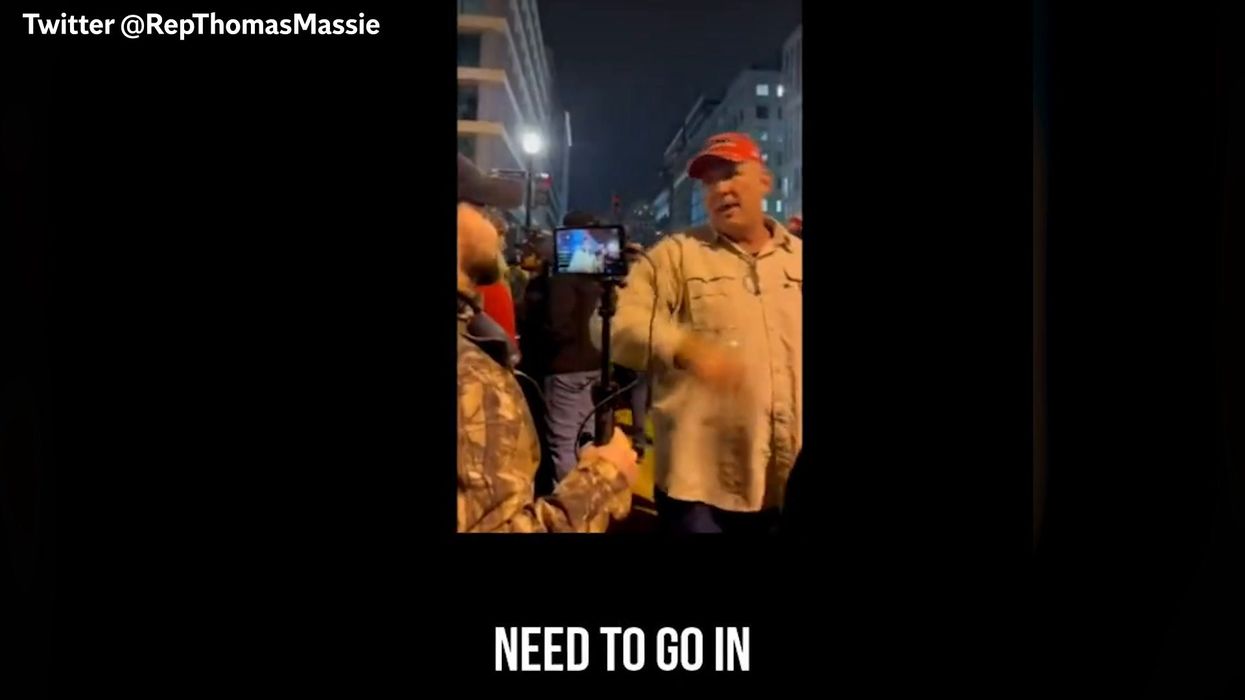Landmark Lawsuit: Harvard And The Trump Administration Clash

Table of Contents
The Trump Administration's Allegations
The Department of Justice (DOJ), under the Trump administration, filed a lawsuit against Harvard University, alleging that its admissions policies discriminated against Asian-American applicants in violation of Title VI of the Civil Rights Act of 1964. The core of the DOJ's argument centered on Harvard's holistic review process.
- Discriminatory Practices Claimed: The DOJ contended that Harvard's holistic review, which considers factors beyond academic merit such as personal essays, extracurricular activities, and letters of recommendation, disproportionately disadvantaged Asian-American applicants.
- Statistical Evidence: The lawsuit presented statistical evidence suggesting disparities in admission rates between Asian-American applicants and other racial groups, arguing that these disparities were indicative of discriminatory practices.
- Demand for Race-Neutral Admissions: The administration's primary objective was to establish race-neutral admissions criteria, arguing that any consideration of race in the admissions process was inherently discriminatory and violated the Civil Rights Act. They pushed for a system prioritizing solely academic merit and standardized test scores.
Harvard's Defense
Harvard University vehemently defended its holistic review process, arguing that it was essential for creating a diverse student body and that a diverse learning environment benefits all students.
- Educational Benefits of Diversity: Harvard maintained that a diverse student body enriches the educational experience, fostering critical thinking, broader perspectives, and better preparation for a globalized world. They emphasized the value of diverse viewpoints in classroom discussions and collaborative projects.
- Supreme Court Precedent: Harvard’s legal team relied heavily on Supreme Court precedent, particularly Grutter v. Bollinger (2003), which upheld the consideration of race as one factor among many in a holistic review process, provided it served a compelling interest in achieving a diverse student body.
- Inclusive Campus Environment: The university presented evidence showcasing the numerous benefits of a diverse campus environment, including increased intellectual stimulation, improved problem-solving skills, and enhanced cross-cultural understanding. They argued that their admissions policies were designed to create a more inclusive and equitable learning environment.
The Legal Battle and Its Implications
The Harvard lawsuit was a protracted legal battle involving extensive discovery, expert testimony from both sides, and intense public debate. The implications of this case extended far beyond Harvard's campus.
- High-Stakes Legal Arguments: The legal arguments presented during the case had significant implications for the future of affirmative action in higher education and the interpretation of Title VI of the Civil Rights Act.
- Impact on Higher Education Policy: The outcome of the lawsuit had, and continues to have, significant ramifications for higher education policies across the nation, influencing how universities approach diversity initiatives and shaping admissions practices.
- Potential for Further Litigation: The case also raised concerns about the potential for similar lawsuits against other universities that utilize holistic review processes, prompting many institutions to review and potentially revise their admissions policies.
The Broader Context of Affirmative Action
The Harvard lawsuit ignited a broader national conversation about affirmative action, equal opportunity, and the role of race in shaping educational opportunities.
- Equal Opportunity vs. Social Justice: The case underscored the complex interplay between the principles of equal opportunity and the pursuit of social justice through affirmative action. The debate involved fundamental questions about the definition of merit and the historical context of systemic inequality in higher education.
- Meritocracy and Racial Equity: The arguments centered on the tension between a strictly meritocratic system based solely on academic achievement and the need to address historical and ongoing racial inequities in access to higher education.
- Historical Context: Understanding the historical context of discrimination against underrepresented minority groups in higher education is crucial to comprehending the diverse perspectives surrounding this complex issue.
Conclusion
The landmark Harvard lawsuit against the Trump administration remains a pivotal case in the ongoing debate surrounding affirmative action. The legal battle highlighted the complexities of balancing the competing values of equal opportunity and the pursuit of diversity in higher education. The arguments presented, evidence introduced, and potential Supreme Court rulings continue to shape college admissions policies and the national conversation surrounding affirmative action. Staying informed about further developments in this crucial legal battle is essential for understanding its impact on higher education, equal opportunity, and the future of the Harvard lawsuit and similar cases.

Featured Posts
-
 Hd
Apr 23, 2025
Hd
Apr 23, 2025 -
 Blue Origin Cancels Launch Vehicle Subsystem Issue Delays Mission
Apr 23, 2025
Blue Origin Cancels Launch Vehicle Subsystem Issue Delays Mission
Apr 23, 2025 -
 Fox News Faces Defamation Lawsuit From Ray Epps Regarding January 6th Allegations
Apr 23, 2025
Fox News Faces Defamation Lawsuit From Ray Epps Regarding January 6th Allegations
Apr 23, 2025 -
 Watch Rowdy Tellez Get Revenge On The Team That Traded Him
Apr 23, 2025
Watch Rowdy Tellez Get Revenge On The Team That Traded Him
Apr 23, 2025 -
 Detained Father Mahmoud Khalil Misses Newborn Sons Birth Due To Ice
Apr 23, 2025
Detained Father Mahmoud Khalil Misses Newborn Sons Birth Due To Ice
Apr 23, 2025
